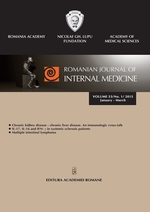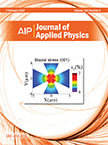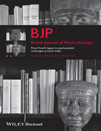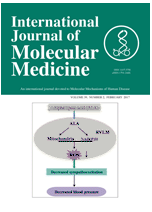
Researchers in China have retracted a 2016 cancer imaging paper because they introduced “a plethora of data errors” while preparing the article for submission.
Although the retraction notice provides no details on what these errors are or how exactly they occurred, it does point the finger at the researchers, explaining that the data errors happened as a result of their “negligence.”
Here’s the 2017 retraction notice for “Rituximab-conjugated, doxorubicin-loaded microbubbles as a theranostic modality in B-cell lymphoma,” published November 25, 2016 in Oncotarget: Continue reading A “plethora of data errors” prompts authors to retract oncology paper
 A researcher in Greece has issued extensive — what we sometimes call “
A researcher in Greece has issued extensive — what we sometimes call “ After an international group of physicists agreed that the findings of their 2015 paper were in doubt, they simply couldn’t agree on how to explain what went wrong. Apparently tired of waiting, the journal retracted the paper anyway.
After an international group of physicists agreed that the findings of their 2015 paper were in doubt, they simply couldn’t agree on how to explain what went wrong. Apparently tired of waiting, the journal retracted the paper anyway. The notices keep coming for diabetes researcher
The notices keep coming for diabetes researcher  A psychoanalyst has retracted an award-winning 2016 paper over concerns that it contained “sensitive” patient information.
A psychoanalyst has retracted an award-winning 2016 paper over concerns that it contained “sensitive” patient information.


 A journal has retracted a 2012 paper after the last author was unable to provide material to support the results presented in multiple figures.
A journal has retracted a 2012 paper after the last author was unable to provide material to support the results presented in multiple figures.